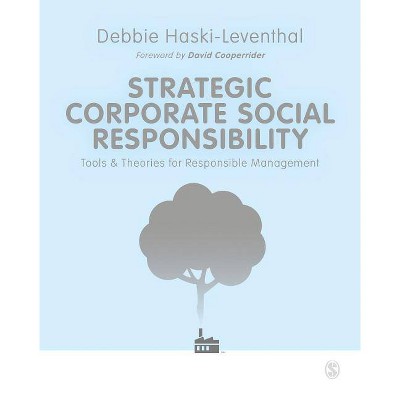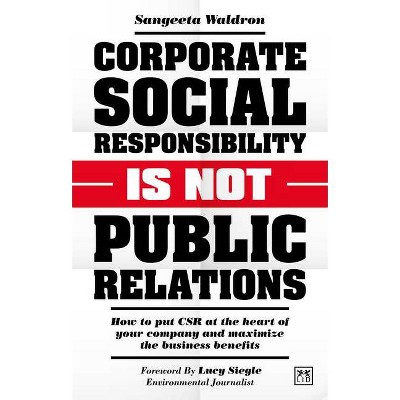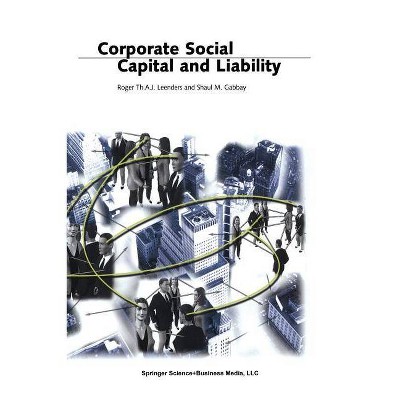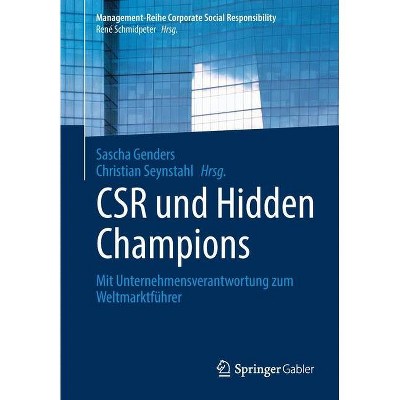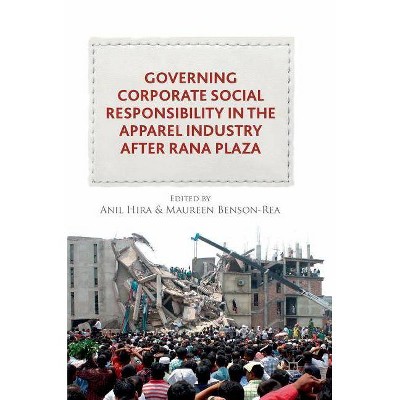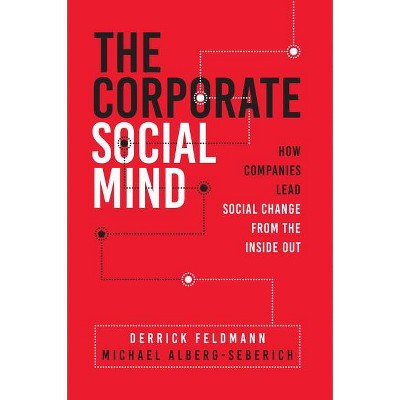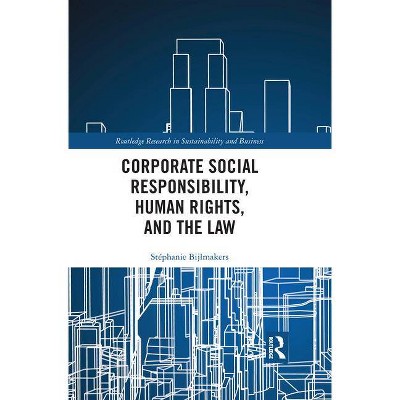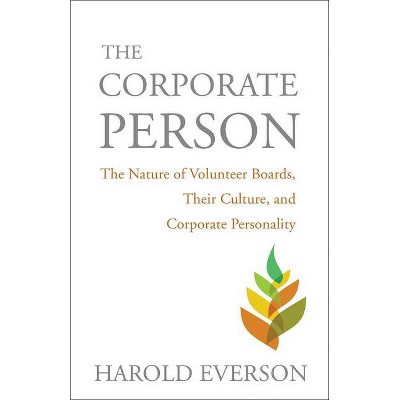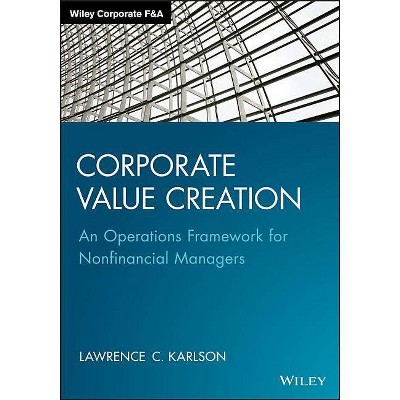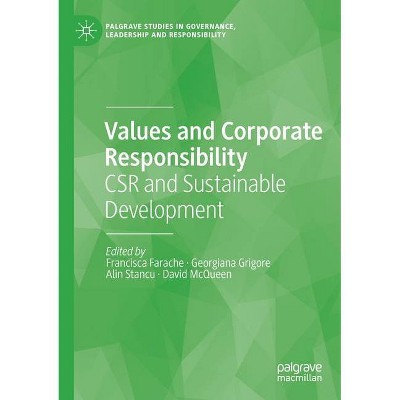From Corporate Social Responsibility to Corporate Social Liability - by Anna Aseeva (Hardcover)
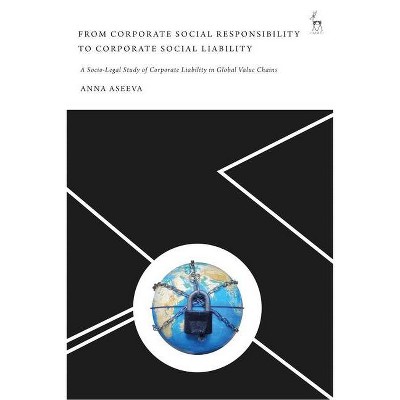
Similar Products
Products of same category from the store
AllProduct info
<p/><br></br><p><b> About the Book </b></p></br></br>"This book offers a critical socio-legal study that brings together the latest scholarly advances on corporate social responsibility, and, at the same time, addresses the pressing issue of corporate liability for harmful acts across the supply and production chains. Corporations have seldom been held responsible and virtually never liable for the acts of their subsidiaries and subcontractors. Actors as different as workers, investors, individual consumers, and shareholder activists claim that corporations should accept greater responsibility for communities and environments affected by their activities. The book analyses the idea that corporations should be held liable for harm across their value chains. It posits that corporate social liability is a set of legal duties and responsibilities of a corporation for harm-causing incidents, including the negative environmental, social, and economic consequences of a company's activities across its entire value chain. This is the first systematic attempt to critically assess the premises, dynamics, current state of play and the likely future development of the concept and application of corporate social liability, and will be essential reading for academics and policy makers with an interest in corporate law and the regulation of global supply chains"--<p/><br></br><p><b> Book Synopsis </b></p></br></br>This book provides a critical socio-legal study that brings together the latest scholarly advances on corporate social responsibility, and, at the same time, addresses the pressing issue of corporate liability for harmful acts across the supply and production chains.<br/><br/>Corporations have seldom been held responsible and virtually never liable for the acts of their subsidiaries and subcontractors. Actors as different as workers, investors, individual consumers, and shareholder activists claim that corporations should accept greater responsibility for communities and environments affected by their activities.<br/><br/>The book argues that a global value chain's head corporations remain immune to any liability because of the 'economically dependent-legally independent' relationships between core corporations and their periphery suppliers and subcontractors. To tackle this problem, globally, the author acknowledges that 'we' as a society need to reduce the economic dependence as described above - which is far too excessive - by ensuring a level playing field both economically and socially. More concretely, she argues that in order to realise transnational corporate liability, 'we' as lawyers need to find a way (or ways) to establish legally effective relationships between head corporations and their economically dependent entities. <br/><br/>Readers of this book will be able to export the concept of corporate social liability, developed in the context of value chains, and apply it to other contexts involving corporate activities where they need to tackle unrestrained corporate freedom and make global businesses responsible and socially useful.<p/><br></br><p><b> Review Quotes </b></p></br></br><br>This is an important book. Anna Aseeva's study of corporate social liability brings together comparative legal scholarship with a socio-legal assessment of the ways in which corporate responsibility for societal issues is regulated across global value chains. She demonstrates that we, as lawyers, can influence corporations' behaviour if we look beyond legal liability and acknowledge the <i>ex ante</i> effects of norms.<br/>Vanessa Mak, Chair in Civil Law, Leiden University, the Netherlands<br><p/><br></br><p><b> About the Author </b></p></br></br><b>Anna Aseeva</b> is Assistant Professor at the Faculty of Law and Administration at Lazarski University, Warsaw, Poland.
Price History
Price Archive shows prices from various stores, lets you see history and find the cheapest. There is no actual sale on the website. For all support, inquiry and suggestion messages communication@pricearchive.us
